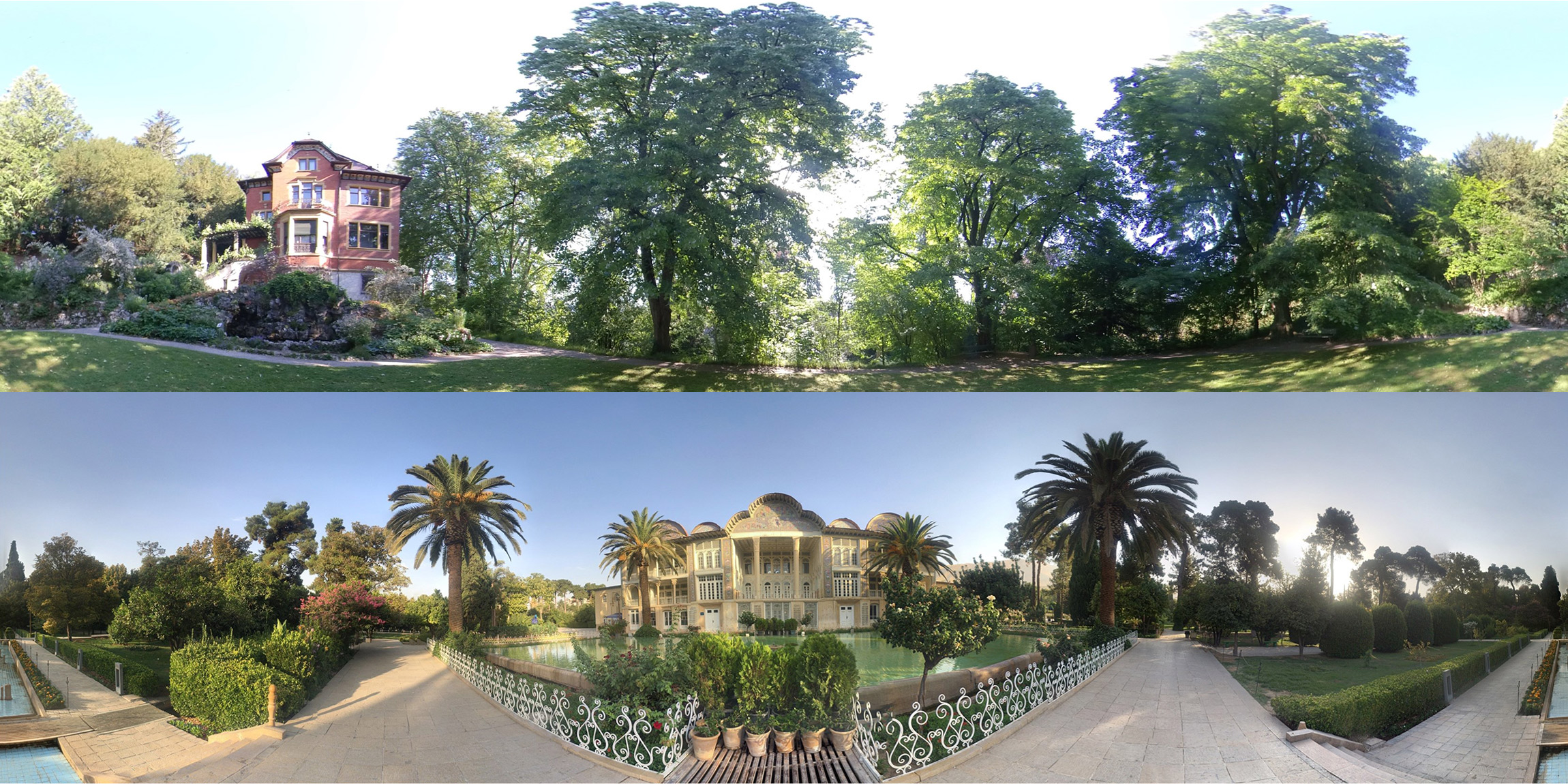Towards more inclusive urban parks
Urban parks are essential for people's recreation and well-being. In addition, they facilitate the establishment of a bonding to a place and feeling home. Several studies have shown how important urban parks are for mobile societies - in particular displaced persons - to link to the host place and overcome the disruptions of the move.

Most studies assess cognitive and affective reactions of people via so-called self-reported information, and there is a lack of experimental studies dealing with measured affective responses which would complement reported assessments.
Our newly published paper fills exactly this gap: it is an experimental contribution to assessing the relationship between reported place attachment and experimentally measured well-being in urban parks in a mobility and migratory context. We collected cognitive information and measured people's affective reactions while experiencing a virtual park visit. The results show that a higher place attachment and place identity to parks and a higher familiarity with the structure significantly increases relaxation, thus improving the visited places' recreational qualities.
The full paper is published Open Access in Landscape and Urban planning journal:
Mahsa Bazrafshana, Reto Spielhofer, Ulrike Wissen Hayek, Felix Kienast, Adrienne Grêt-Regamey (2023). Greater place attachment to urban parks enhances relaxation: Examining affective and cognitive responses of locals and bi-cultural migrants to virtual park visits. Landscape and Urban Planning, external page https://doi.org/10.1016/j.landurbplan.2022.104650.
And the research data and scripts are also available: external page https://doi.org/10.16904/envidat.356